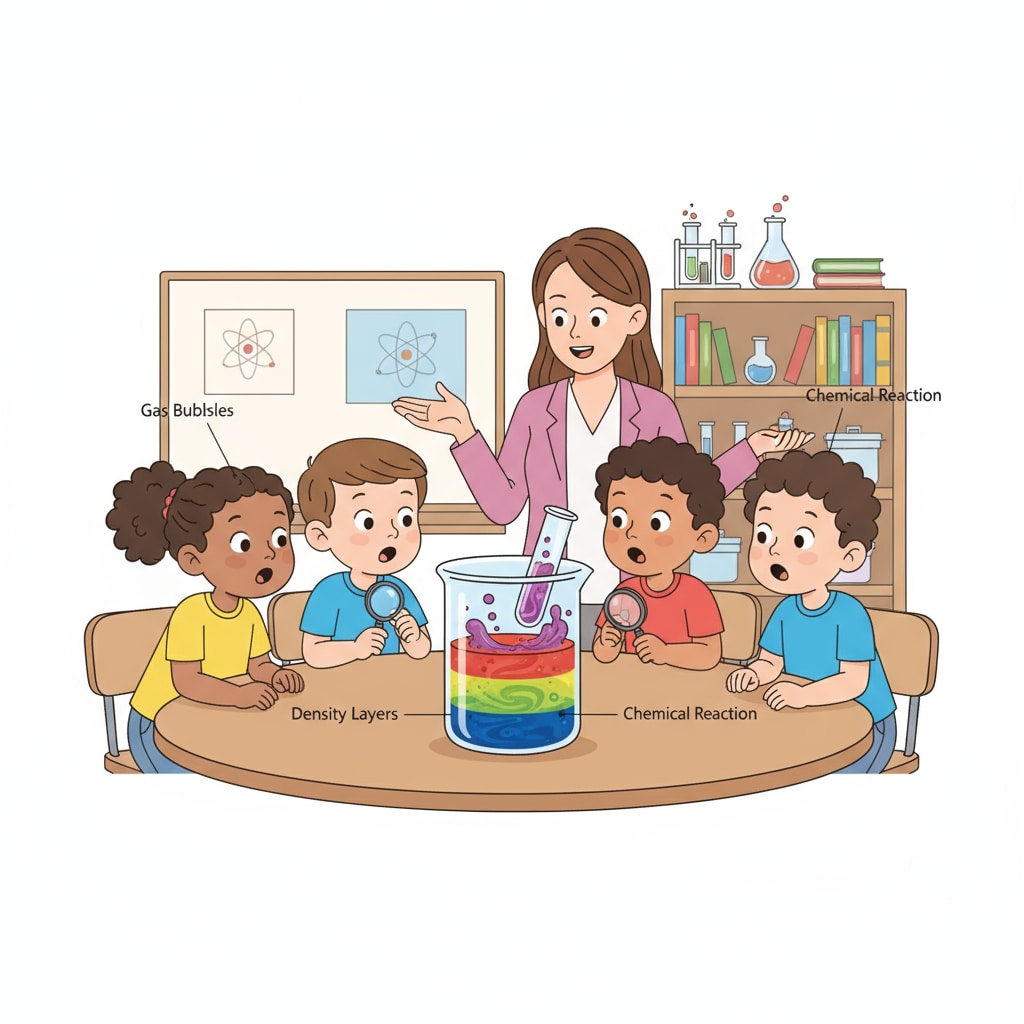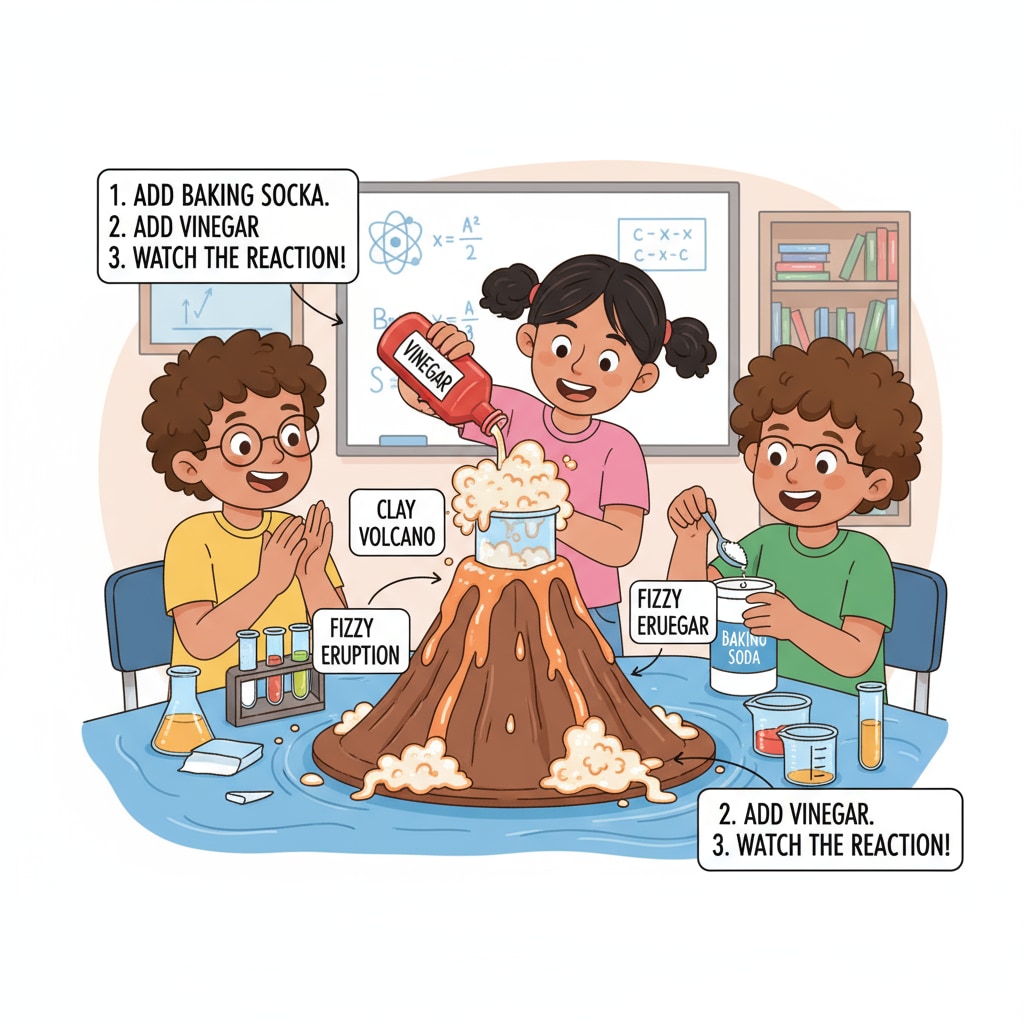Science exhibition projects, children’s experiments, and scientific methods are the keys to unlocking a world of discovery for young minds. For parents and teachers of children in grades 1 – 4, these concepts can be brought to life through simple yet engaging activities. Let’s embark on a journey to explore how we can introduce children to the wonders of science in a fun and accessible way.

Importance of Science Projects for Young Children
Science projects play a crucial role in a child’s development. They not only spark curiosity but also help in developing critical thinking skills. Through hands-on experiments, children learn to observe, ask questions, and seek answers. This process of discovery is essential for building a strong foundation in scientific thinking. For example, when a child conducts a simple experiment to see how plants grow, they start to understand the basic principles of biology.
Fun Experiments for Lower-Grade Children
There are numerous experiments that are perfect for young children. One such experiment is the “Fizzy Volcano.” You can create a volcano model using clay and then add baking soda and vinegar to it. The chemical reaction between the two will create a fizzy eruption. Another interesting experiment is the “Rainbow Milk.” Pour some milk in a shallow dish, add a few drops of food coloring, and then use a cotton swab dipped in dish soap to create colorful patterns. These experiments are not only fun but also teach basic scientific concepts.

When conducting these experiments, it’s important to introduce the scientific method. Explain to the children how to make a hypothesis (an educated guess about what will happen), observe the results, and draw conclusions. This way, they start to understand the systematic approach to scientific discovery.
Readability guidance: Keep paragraphs short and use lists to summarize key points. For example, the experiments can be listed out for better clarity. Also, make sure to use transition words like ‘also’ and ‘for example’ to make the text flow smoothly.


